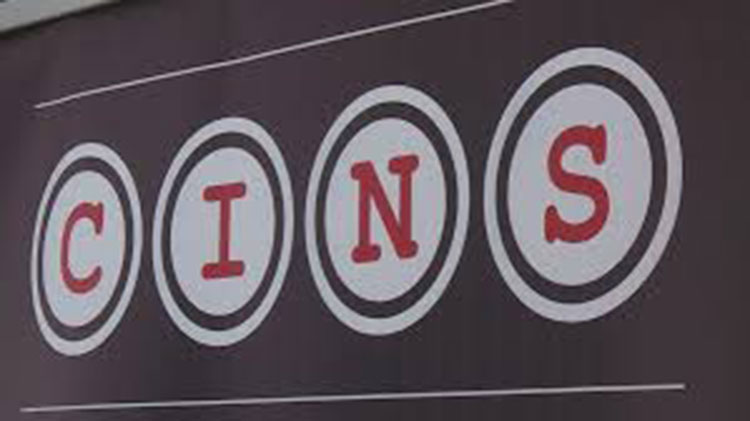The European Press Prize went to the Serbian Centre for Investigative Journalism during the ceremony in Amsterdam after it had beat the Pulitzer Prize winning Panama Papers team in the prestigious Investigative Award.
The judges, chaired by Sir Harold Evans, chose to honour the incredible work and proper journalism done by CINS journalists in Serbia – stories that exposed corruption charges framed and then forgotten: “These revelations fulfil the most basic promise of investigative journalists to their readers: they lift the curtains of corruption and let the light shine in.”
Competing with the most prestigious European media within the most honoured category of investigative journalism, the CINS won the most important European award for a series of articles dealing with corruption in Serbia and the links among football, politics and crime, which was supported by the EU Delegation in Belgrade and the Embassy of the Netherlands (through its MATRA programme).
The Centre for Investigative Journalism of Serbia is a non-profit organization dedicated to the production of investigative journalism in line with the highest international standards using new tools, techniques and know-how. CINS portal’s goal is to provide a continuous flow of information that would otherwise remain concealed or unknown. CINS was founded by the Independent Journalists’ Association of Serbia and is funded through donations.
The web-site of the European Press Prize reasons its decision to award the CINS: “Quality journalism is of vital importance to healthy democracies, especially in a time when information is omnipresent. Unfortunately, because of a transforming and pressured market, quality has become increasingly difficult to maintain.”
To help counter the effects of these transformations was one of the reasons the European Press Prize was envisioned. Formed by seven independent European foundations that all have strong media connections, all of which count excellence and public service as part of their collective challenge.
The aim is simple: To salute and encourage journalism of the highest quality wherever it can be found in our continent. Journalists from all 47 countries of Europe as defined by Council of Europe membership are eligible to enter their work.




